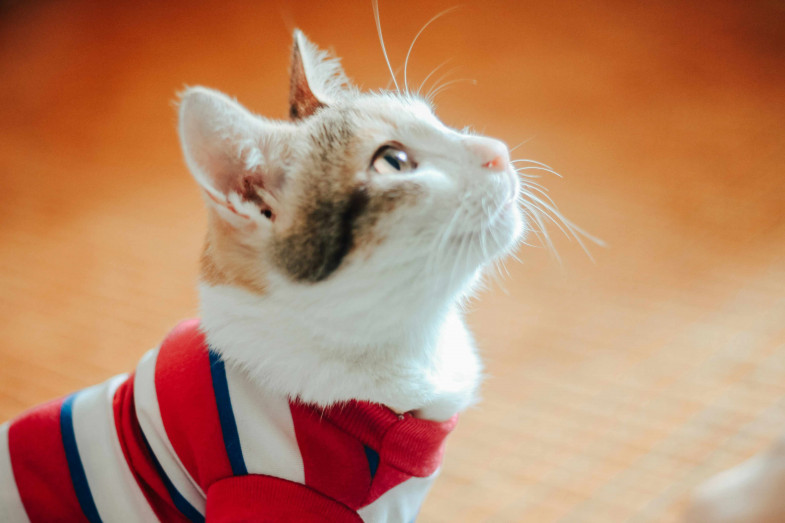Magnolia Veterinary Hospital News
Why Get a Preventive Care Exam?

If you only visit our Magnolia Veterinary Hospital when your pet is injured or sick, you’re missing the opportunity to get a complete picture of her health. The preventive care exam allows our veterinarians to detect potential health issues and begin monitoring or treating them right away. By committing to preventive care, you could extend it by months or years. It’s well worth the investment when you consider how much love and joy your pet brings into your life.
Our Recommended Schedule for Preventive Care Exams
If your pet is normally healthy and between the ages of 12 months and seven years, an annual exam is usually sufficient. Pets enter middle-age around age seven and their senior years around age 10, so we recommend bi-annual check-ups for pets in this age group. This is when we most often start seeing issues such arthritis, diabetes, and kidney disease. Your puppy or kitten under one year will need to come in several times before his first birthday for routine vaccinations and monitoring.
Required vaccines for dogs include canine adenovirus, canine parvovirus, distemper, and rabies. The first shot offers protection for both hepatitis and respiratory disease. Essential vaccines for cats include feline calicivirus, feline panleukopenia, rabies, and rhinotracheitis. Our veterinarians will also discuss several optional vaccines you may want to consider for your pet depending on her species, age, lifestyle, and general health. Unless you plan to breed your dog or cat, we recommend sterilization as soon as possible. We can complete the spay or neuter procedure as early as six months.
A Typical Preventive Care Exam
If your pet needs a new vaccine or booster, we will provide it at this appointment. This is also a great time to talk to our staff about any behavioral concerns, parasite prevention, exercise, and diet. We will check your pet for parasites and let you know if we discover any. Our comprehensive preventive care exam also consists of the following:
- Intestinal or stomach problems, which might show up as abnormal stools, diarrhea, or vomiting
- Unusual urinary discharge or mammary gland issues in females
- Nasal issues, which might include labored breathing, allergies, asthma, coughing, or sneezing
- Coat and skin for problems with anal sacs, hair loss, pigment changes, or excessive shedding
- Teeth and gums for oral health diseases
- Legs and feet for problems such as torn nails, weakness, limping, or joint pain
- Eyes and ears for signs of normal vision and hearing as well as absence of unusual discharge
- We will check your pet's weight at each visit to establish a baseline and let you know if we have any concerns about being overweight or underweight
Our staff will complete further diagnostic testing if we notice any potential issues during your pet’s exam. This may include a blood or urine test, x-ray, stool sample, or whatever is necessary to diagnose the health condition. We will contact you with the results as soon as possible and discuss a treatment plan at that time as well. If your pet needs medication or other follow-up treatment, you may be able to order what you need from our online store.
If it’s been more than a year since your adult pet’s last preventive care exam or six months since your senior pet had an exam, please contact us at (555) 555-5555o schedule an appointment. We will let you know our preferred schedule for puppies and kittens the first time you bring your new pet to see us.
Categories
Recent Posts

When was the last time your pet saw the veterinarian for a checkup, not because they were sick, but just to stay healthy? Preventive care is one of the most important ways to give your pet a longer, happier life. It’s not about doing one big thing. It’s about the small, consistent steps that help avoid bigger health problems later on.

The holidays are full of sparkle, laughter, travel, and to-do lists a mile long. As joyful as this season can be, it often means busier schedules and less time for everyday routines. In the middle of the holiday rush, it's easy to overlook one very important family member: your pet.

If you're lucky enough to have a senior pet, you know just how special that bond becomes over time. From cozy afternoons on the couch to the look in their eyes that says, "I've known you forever," there’s a deep and quiet understanding between you. As pets get older, though, their needs change. Aging isn’t a disease, but it does require us to adapt how we care for our beloved companions.
Comments